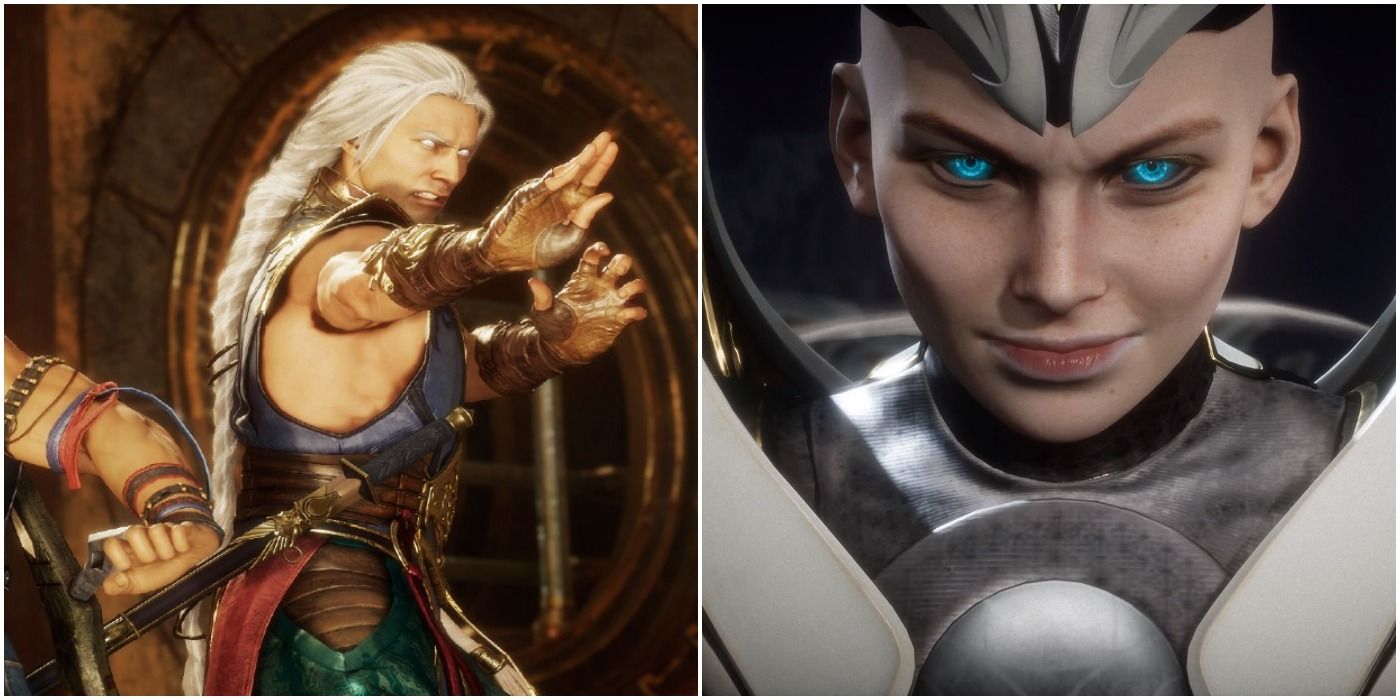The Mortal Kombat series didn't plan on becoming rich with lore and character-building when it first started as a bloody alternative to its fighting game competitors, but it's passed the point of no return since it now has one of the most expansive stories of any fighting game on the market. Over the 11 major games, various spin-offs, and even movies, Mortal Kombat has been home to some wild events that fans didn't pick up on, or have forgotten about.
Mortal Kombat 11 is no exception to this since it has added new characters, revived old ones, and achieved a climactic story. Mortal Kombat's first installment came out in 1992. The most recent game in the series released 27 years later. It's safe to say nobody is expected to remember everything that happened in between them.
Kronika Retcon
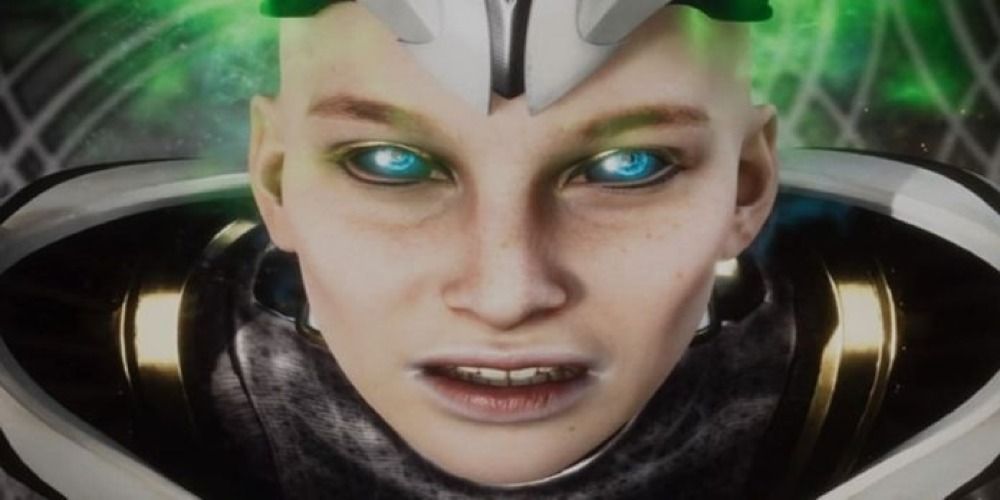
In the Mortal Kombat world, it was well-established who the higher beings were and where they resided over the mortals in the realms. Kronika is the main antagonist in Mortal Kombat 11, but her placement and timing seem sort of strange for how powerful she is. Kronika is never mentioned as a being in earlier games, nor is it explained how she suddenly appears in the universe, as if she's always been there.
As the 11th game in the series, a little retcon isn't a big issue but some explanation would be appreciated just to flesh out her character a little more. Even with this, Kronika is one of the better antagonists of Mortal Kombat because her powers and motivations actually make sense. Maybe she willed herself into being through manipulation of time in the current universe.
Smooth Transition
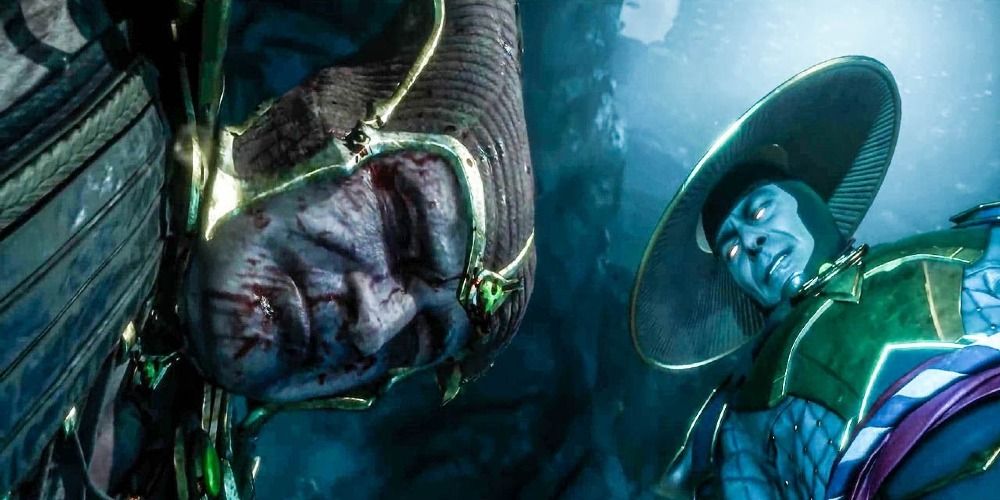
Shinnok, the main antagonist of Mortal Kombat X, makes a brief appearance in Mortal Kombat 11. This detail itself wasn't difficult to miss but the transition from X to 11 was almost seamless in the context of the story. Mortal Kombat X, which came out 4 years before its successor, ended with Raiden killing Shinnok, and the events of 11 jump right into the aftermath of those events.
This makes Mortal Kombat 11 the first game since the early Mortal Kombat games to dive into events right after the actions of the game right before it. A lot of fans appreciated this approach to storytelling because it helped establish the motives of the main characters and antagonists alike.
Sonya Blade
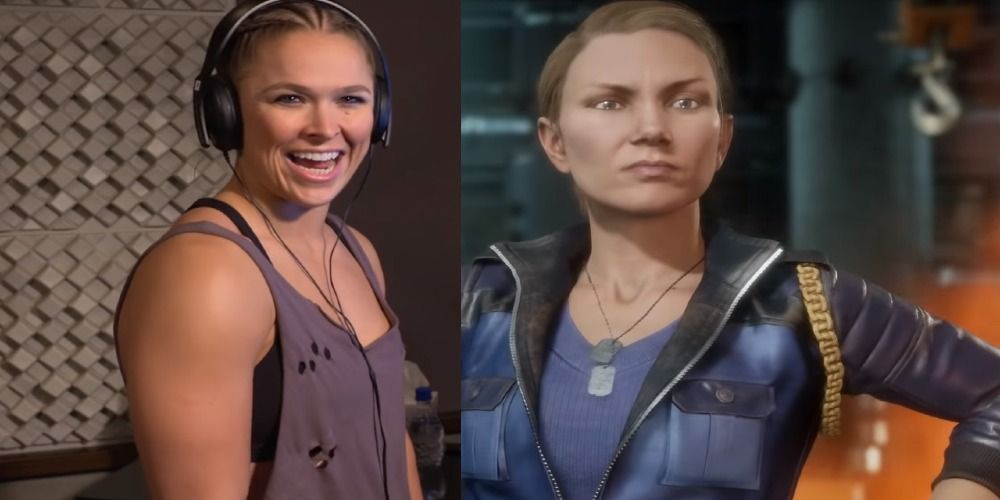
The Mortal Kombat series got its start as a franchise from the idea to make a Jean Claude Van Damme video game that featured a gory and dark world like in Bloodsport. This idea fell through in the end because the agents didn't want to associate Damme's name with a violent video game, but he still agreed to work on the project.
In Mortal Kombat 11, characters are still borrowing the likeness of martial artists and actors. The premier example for this entry is Ronda Rousey as Sonya Blade. It's easy to miss this detail because Sonya dies in the story pretty early on.
Revenants And Revivals
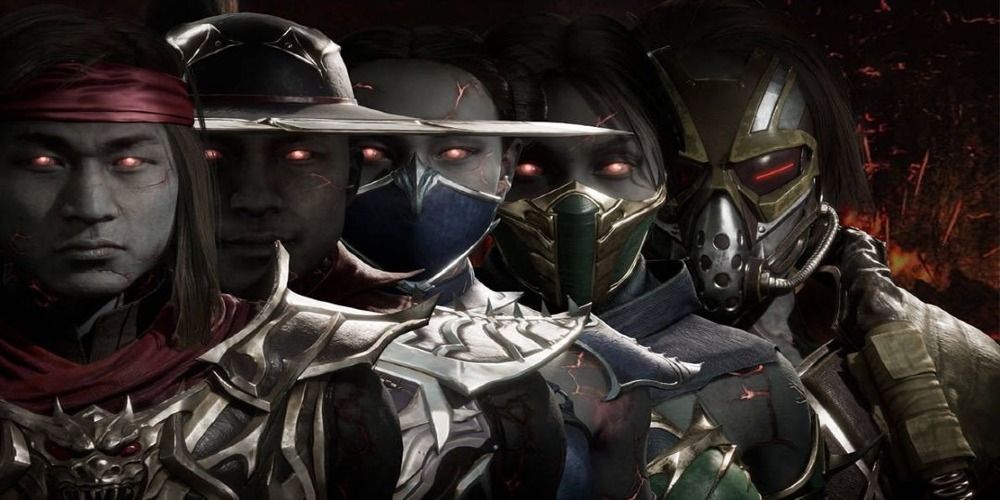
The Mortal Kombat series has never shown fear of killing off major characters because of the multiple ways to bring them back to life. Oftentimes, characters don't even need to be revived because they can be taken out of the Netherrealm, which is essentially hell. In Mortal Kombat 11, they add new ways to revive the dead by adding Kronika's time control ability.
It's gotten to the point that there are subtypes of revived characters in the Mortal Kombat universe because there're so many different ways to come back to life. It's hard to keep track of people who died so here's a quick list of dead characters in the base game and Aftermath: Sonya Blade, Sektor, Sindel, Jade, Kitana, Nightwolf, Mileena, Raiden, Frost, Cetrion, Kotal Kahn, and many, many more.
Crown Of Souls
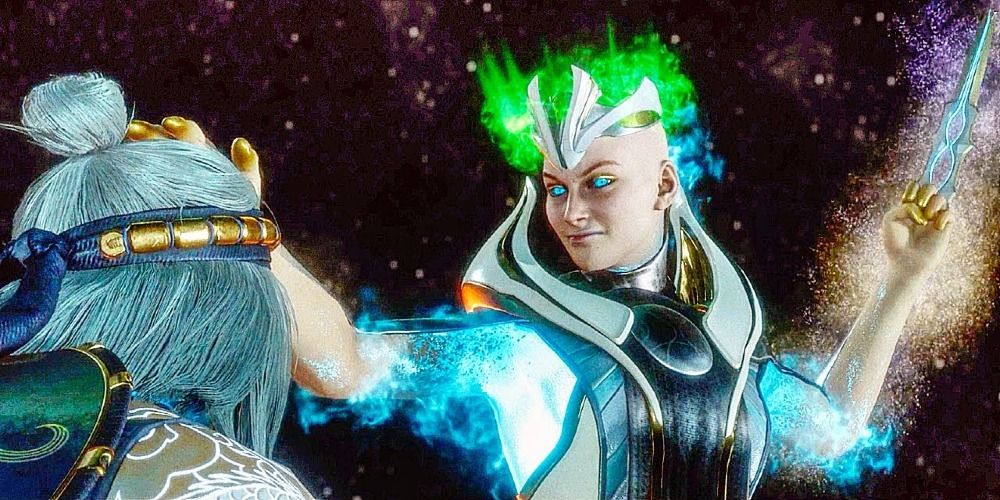
The Crown of Souls is an item worn and used by Kronika to control her Hourglass. The crown is powered by the souls captured and consumed by Shang Tsung, another being with power on par to elder gods. In Mortal Kombat 11's main game, Jacqui and Jax Briggs go to Shang Tsung's island and collect the crown. This isn't the first time Shang Tsung's island holds the key to progressing the story of a Mortal Kombat game.
The island has also been the location of multiple Mortal Kombat tournaments, and the location of final battles before Shao Kahn was supposed to gain control over Earthrealm. All in all, it's a nice call back to other games and a fantastic hint to the events of Aftermath when Shang Tsung gets resurrected.
Kung Lao Retcon
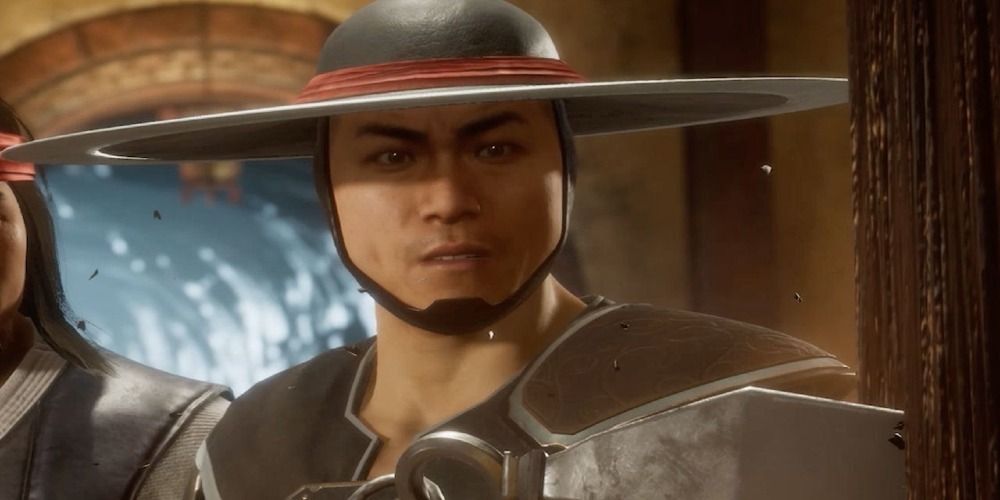
Kung Lao has gone through tons of personality changes and story related retcons through his run as a Mortal Kombat character. In the transition from MK10 to MK11, Kung Lao went through another change to his personality. In MK10, Lao was portrayed as an outspoken pacifist, a humbler side character to his fellow pupil Liu Kang.
MK11 Lao is a lot more outspoken and even arrogant at times, which adds to his character in a way that's more consistent with the warriors of this game. It's interesting to see this change because of how often Lao is compared to Liu Kang, who literally becomes a god by the end of MK11 and has saved the world multiple times.
Kabal's Backstory
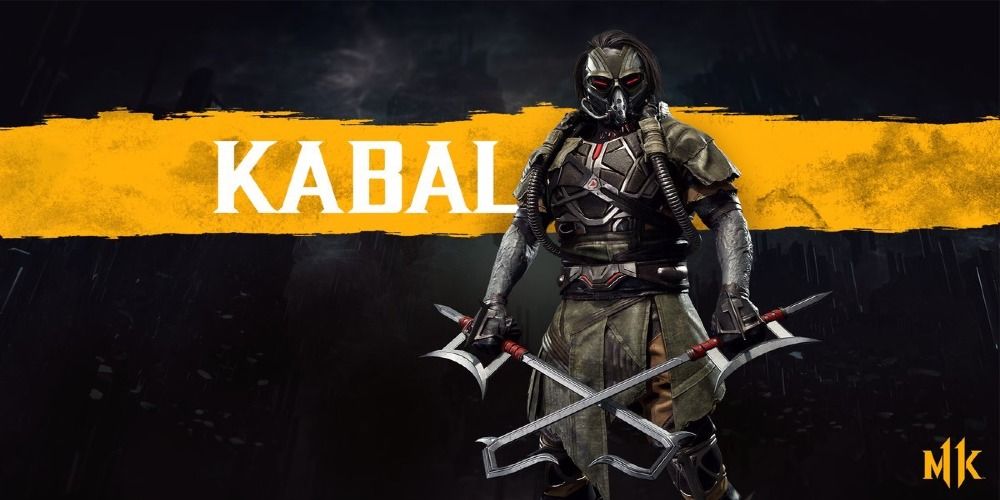
The Black Dragon is a clan of underground mercenaries, who will fulfill almost any contract. Kabal was introduced as a member of this clan, and this was why he was included as an antagonist to the main characters of the series. After the second Mortal Kombat tournament, Kabal turned his back on the clan and went on to become a force for good.
Mortal Kombat 11 has a small plot hole that basically portrays Kabal as never having left the Black Dragon, even though it was clear he did in 2011's Mortal Kombat. It's hard to tell if this was a plot hole, dialogue mistake, or intentional retcon from the writers.
The Limit Of Kronika's Powers
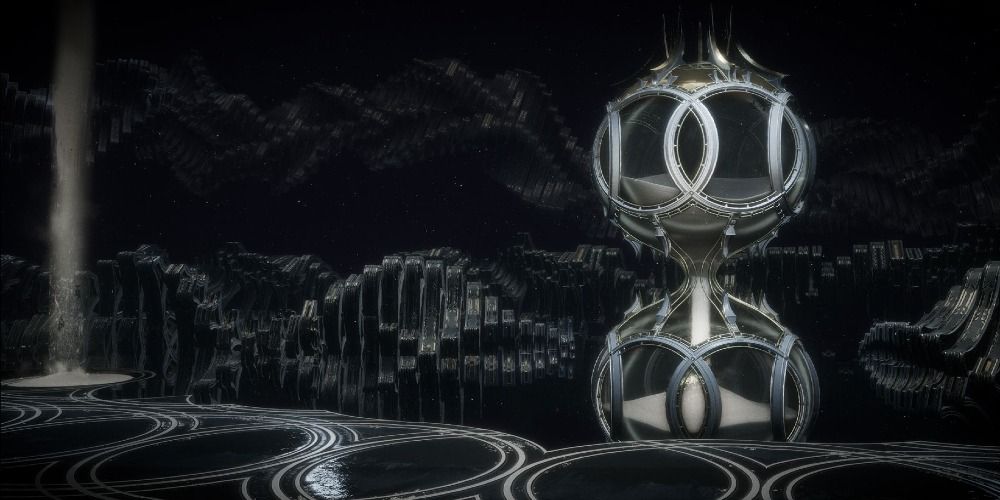
Throughout story mode, Kronika is portrayed as having varying power levels and usefulness of skills. In one instance, she can completely control and see the flow of time, making her untouchable. In another situation, her powers seem off the table since she doesn't even reverse time when it looks like she should.
Kronika's powers are tied to MacGuffins galore, so it's hard to keep track of what powers work when, where, and against who because of all the conditions. These conditions seem to be that she needs the Crown of Souls to activate certain powers and the hourglass to activate others. The part that most fans don't see is that Kronika's powers depend on the people around her. This is why the Crown of Souls powered her up so much, as she was able to access people's beings and bend them to her will.
Elder Gods
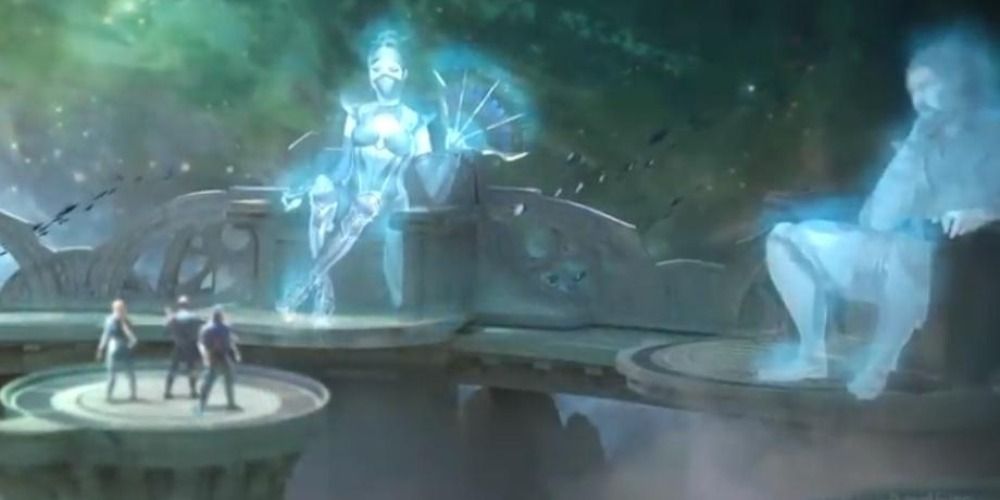
The Elder Gods of Mortal Kombat are beings that existed before the universe itself. They were accompanied by the One Being who was the most powerful being in the universe. The Elder Gods defeated the One Being and separated its body into six parts. Since then, the only reason the Elder Gods interfere with the events of the Mortal Kombat games is when their existence is in danger, the One Being might return, or the realms return to chaos.
In Mortal Kombat 11: Aftermath, the Elder Gods refuse to intervene even though almost all of those conditions are met. Shao Khan has been influenced by the One Being in the past and has threatened to combine the realms into one, disturbing the order. When Liu Kang and Raiden visit the Elder Gods with this information, they shrug it off, even though it should be exactly the conditions for them to step in and help.
Aftermath Ending
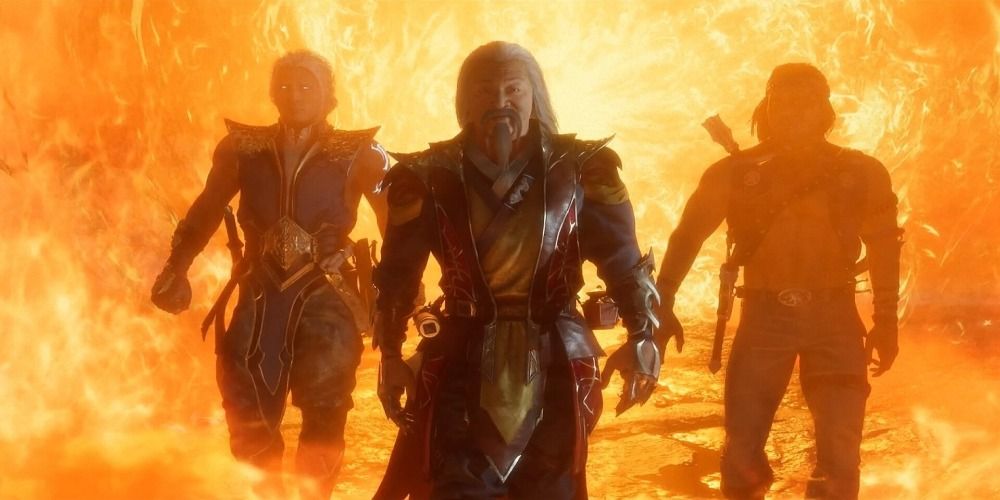
The ending of Aftermath where the player picks Liu Kang is full of Easter eggs and details for fans to have their "ah'ha" moments. When Liu Kang looks into the New Era, he looks down at a White Lotus temple, where the monks are training. This is a callback to his origins as a member of the White Lotus Society where he trained under Raiden before he left.
Later in the vision, the Great Kung Lao is shaping a statue of Kang and it happens to be the same statue that Kung Jin tries to steal in the story mode of Mortal Kombat X. This subtle throwback is a good indication of what Kung Lao is speaking, and what time the vision is taking place in. Liu Kang then talks to Kung Lao and tells him he will train him since he's a god, which is another interesting detail to include, probably for other games since Kung Lao has been through so many changes.

